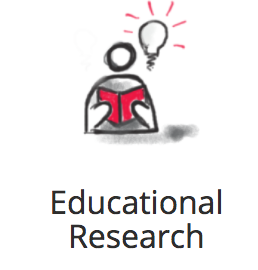Analysis of the relation between the activity of all the neurons in the cnidarian hydra and its behavioral repertoire.

Analysis of the relation between the activity of all the neurons in the cnidarian hydra and its behavioral repertoire.

CTV’s core mission is to facilitate the transfer of inventions from academic labs to the market for the benefit of society. In a typical year, CTV receives ~400 inventions, completes ~100 licenses and options, and helps form ~20 startups. A good video summary of CTV is here: https://vimeo.com/110193999.
We house the world’s largest dataset of once-secret documents on industrial pollution, unleashed from the vaults of corporations like DuPont, Dow, and Monsanto in toxic tort litigation. We are applying data science methods to analyze and render this material useable to a broad audience.


The development of computational data science techniques in natural language processing (NLP) and machine learning (ML) algorithms to analyze large and complex textual information opens new avenues to study intricate processes, such as government regulation of financial markets, at a scale unimaginable even a few years ago. This project develops scalable NLP and ML algorithms (classification, clustering and ranking methods) that automatically classify laws into various codes/labels, rank feature sets based on use case, and induce best structured representation of sentences for various types of computational analysis.

Analyze data from one of the following library applications/systems and create visualizations that highlight the most important findings pertaining to the support of self-directed learning: Vialogues (TC Video Discussion Application), PocketKnowledge (TC Online Archive), DocDel (E-Reserve System), Pressible (Blogging Platform), Library Website and Mobile App.

Predicting preterm birth in nulliparous women is challenging and our efforts to develop predictors for that condition from environmental variables produce insufficient classifier accuracy. Recent studies highlight the involvement of common genetic variants in length of pregnancy. This project involves the development of a risk score for preterm birth based on both genetic and environmental attributes.
